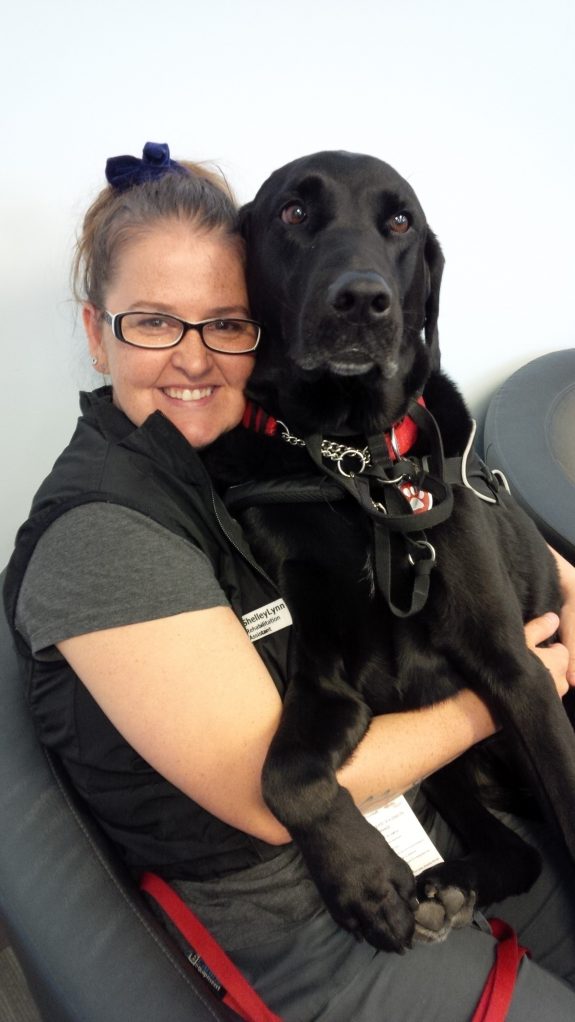Contributed by ShelleyLynn Gardner, Fraser Health. Read her story below and join her pledge to erase the stigma of mental health challenges.
I was a part of Change Day 2015. I made my pledges, followed through and made some small changes. Fast forward two years and a different person is challenging herself to be brave and share the story behind her pledge for mental health.
I suffered from multiple, devastating traumas in my childhood, including my father violently committing suicide by shooting himself. Little did I know how these events would shape my own mental health for years to come.
My first clear memory of having an anxiety/panic attack I was in eighth grade. In a moment I was hit by the wave of breathlessness and the heaviest weight came over my body as I collapsed to the floor and began to shake uncontrollably. I had to escape but I was helpless.
Until I was 30 I never talked about my “triggers.” By then I knew that my relationships, body language and my outward persona was shaped by my history. I also made a conscious decision to own my history. I chose to accept that I was not at fault. I didn’t choose to be victimized, but I decided to actively choose to NOT be a victim. This was a first step for my own recovery.
Once I was accepting that these events could not be erased or forgotten, I embraced the fact that they made me who I had become and that no matter how broken I was, I was good enough for me, and that was who mattered most, ME. I began to no longer let folks tell me that I needed this or that to be beautiful. I was learning to be comfortable in my own skin and let my attitude and personality shine through. Although my history shaped me, it DOES NOT define me.
This is the first time I have shared my story with complete strangers in such an open forum, but I feel so strongly for those that have a similar story that are still silent. My weight of shame and silence has been lightened and I want to celebrate that everyone has mental health challenges, at some point in time; it is a condition of being human.
Mental health MUST be treated just as every other aspect of our health and well-being. We don’t stigmatize folks that have cardiac or neurological issues, so why do we stigmatize those with mental health challenges?
My pledge is to encourage folks to celebrate when their friends or family receive a mental health diagnosis, not criticize or stigmatize. “I’m so glad you now have a better understanding of what you are struggling with. Now you can work with your health care provider to manage it. What can I do to help you in your healing?”


